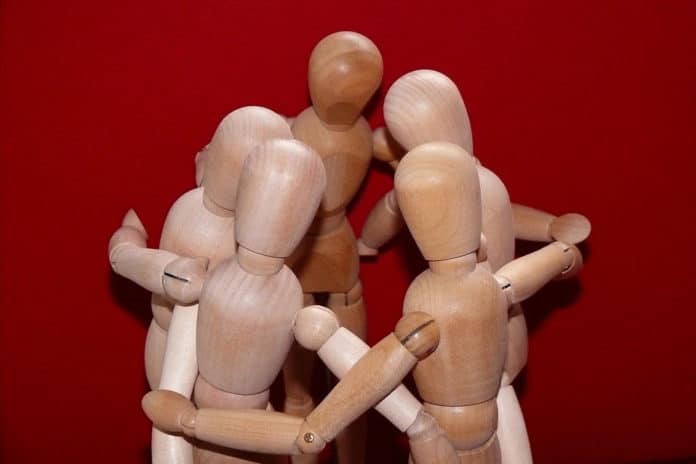People make decisions based on evidence and experience alone. A previous study has suggested that decision-makers have ‘motivated beliefs.’
Motivated beliefs have been speculated to explain the proliferation of misinformation on online forums. Such beliefs may also explain stock market performance. There’s a great deal of objective information available about financial marketplaces, yet group decision-making and encouragement may cause bubbles and financial instability.
According to a new study published by Oxford University Press, people tend to listen to others when they would like to believe or otherwise ignore others when they prefer things not to be true.
In laboratory experiments, scientists studied whether such biases in beliefs grew more severe when people exchanged these beliefs with one another. Scientists paired subjects based on their scores on an IQ test. The subjects then exchanged beliefs concerning a proposition both wanted to believe true: they were in the high IQ group.
The experiment revealed that people who are pessimistic in the high IQ group tend to become significantly more optimistic when matched with a more optimistic counterpart. However, a happy person is not likely to change his beliefs if matched with a more pessimistic counterpart. This effect is powerful for people in the low IQ group, where it produces particularly severe biases.
Overall, the results suggest that bias amplification occurs because people (selectively) attribute higher informational value to social signals reinforcing their pre-existing motivation to believe.
Partially through the examination, specialists gave subjects an unbiased piece of information regarding which IQ group subjects were in. This was profoundly compelling at removing the biases brought about by the initial exchange of beliefs.
The outcomes subsequently propose that giving fair, solid wellsprings of data might decrease inspired convictions in settings like echo chambers and financial markets.
Ryan Oprea, one of the paper’s authors, said, “This experiment supports a lot of popular suspicions about why biased beliefs might be getting worse in the age of the internet. We now get a lot of information from social media, and we don’t know much about the quality of the information we’re getting. As a result, we’re often forced to decide for ourselves how various accurate opinions and sources of information are and how much stock to put in them. Our results suggest that people resolve this difficulty by assigning credibility to sources that are telling us what we’d like to hear, and this can make biases due to motivated reasoning a lot worse over time.”
Journal Reference:
- Ryan Oprea et al., Social Exchange of Motivated Beliefs, Journal of the European Economic Association (2021). DOI: 10.1093/jeea/jvab035
